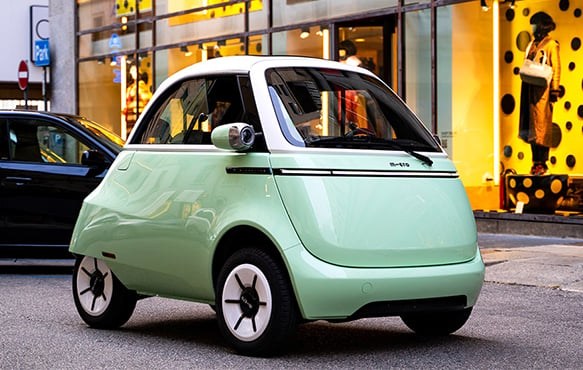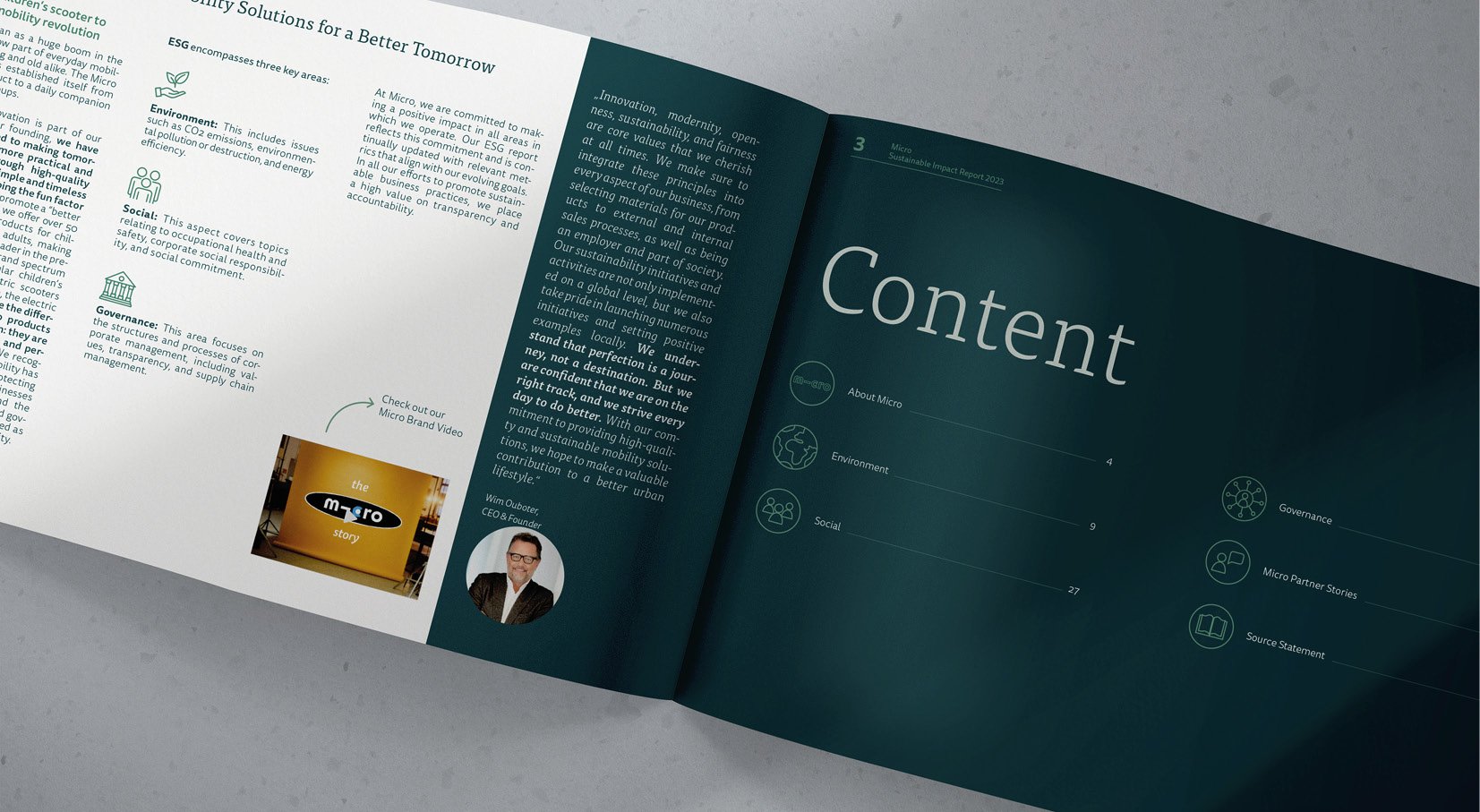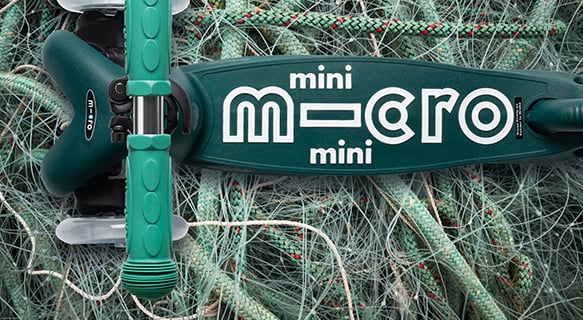Micro statement on the free float e-scooters
Micro mobility is on the rise: Whether electric scooters, e-scooters or small electric cars for the city, the market is on the move and users are recognizing the benefits of these new forms of transportation. Rental and sharing models in many major cities make micro mobility easy to use. Usually just an app and a credit card are enough to partake. We as the "inventors" of micro mobility and longtime manufacturer of scooters and kickboards with and without electric drive welcome the hype, but at the same time warn against the dangers; the mass market is both a blessing and a curse in one.
"As the inventor of micro mobility, we have been convinced for over 20 years that a scooter is the ideal means of transport in cities"
says Wim Ouboter, founder and CEO of Micro Mobility Systems AG. As early as 1999 we were developing and producing kickboards and scooters. Since then, we have been working consistently on the matter of micro mobility. Lightweight, foldable, safe and sustainable -- these are the criteria that Micro applies to scooters. "These principles also apply to our e-scooters," says Ouboter. Together with BMW, we are currently developing a lightweight, foldable e-scooter designed specifically for the last mile.“
Twenty years after the scooter hype comes a trend from the USA: Electric rental scooters from Bird, Lime, Grüv, Voi, Flash, Hive and Wind are coming to Europe. In Germany the e-scooters have been allowed since June 17, 2019.
"We observe this development with mixed feelings"
summarizes Ouboter. We are very pleased because after 20 years, the advantages of a scooter or kickboard for urban mobility have finally been recognized. Many city dwellers can now test the unique driving experience before opting to buy their own e-scooter. But we are also troubled because this business model is unsustainable, since rental e-scooters are scrapped after a very short time. Studies from the US report that the rental scooters only last 29 days. "There can be no claim of sustainable mobility here. In addition, the many electric scooters lying around are not exactly a pretty sight, "says Wim Ouboter.
The safety aspect
Another aspect is safety: In the case of rental scooters, the mechanical condition can not be checked by an expert before each trip. In addition, it is problematic that completely inexperienced users use the e-scooter right in busy city centers. According to the US Department of Health, the risk of accidents is particularly high for people who are still unskilled in the use of e-scooters (cf. Austin Public Health). One-third of accident victims were traveling with an e-scooter for the first time, with another third claiming to have completed between one and nine rides before.
"The numbers are not surprising. This is like any new means of transportation, be it the bicycle, inline skates or an e-scooter; the skill needs to be practiced," emphasizes Ouboter. No one should go without practice right into city traffic. Experience can best be gained with your own e-scooter, in front of your home or in a quiet residential area to extensively test how the scooter behaves, how to give a turn signal with one hand on the handlebars, brake, and how the scooter reacts to curbs. This provides the necessary safety training for city traffic.
Our strategy: the personal e-scooter
Micro Mobility Systems consistently focuses on sustainability and safety. "Our strategy is the personal electric scooter. Especially because of its light weight and easy foldability, the scooter can be taken into the home or office without any problem," says Ouboter. That's exactly the advantage in comparison to the bicycle. In addition, the e-scooter can be taken into almost any form of public transportion, making it the ideal companion to trams, trains, buses. Overall, the behavior of road users has changed: People are using a greater variety of transport methods to get to their destinations. An e-scooter makes sense when it is used to replace the car or the motorcycle, or facilitates the switch to public transport, the experts agree.
"We welcome the sharing option for e-scooters, but believe that this cannot be the right or sustainable solution for the already overcrowded cities in the long term. If everyone has their own e-scooter, they also take responsibility for its condition and handling"
summarizes Ouboter. We are worried that negative headlines will unfairly damage the image of this ingenious, simple and agile means of transportation. "The business model without fixed and supervised stations can seriously impair the success of the e-scooter," said Ouboter











